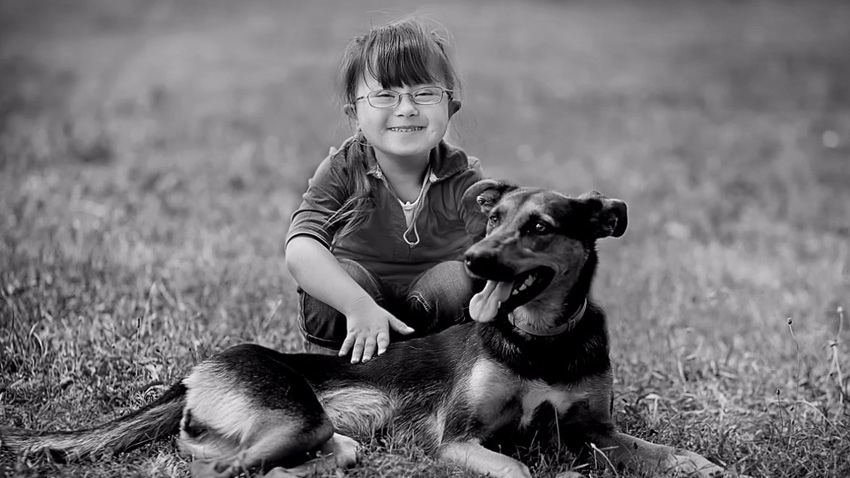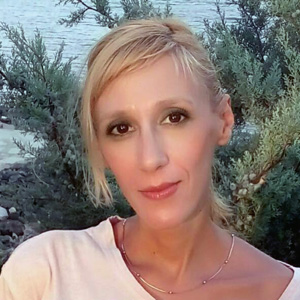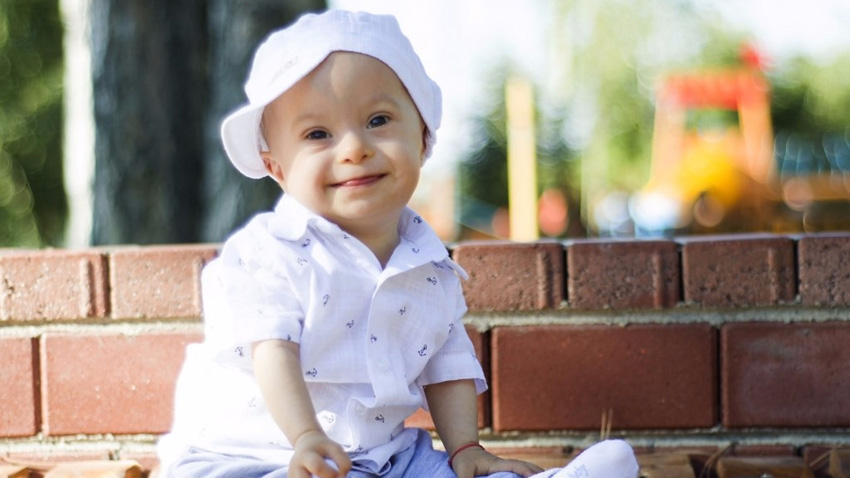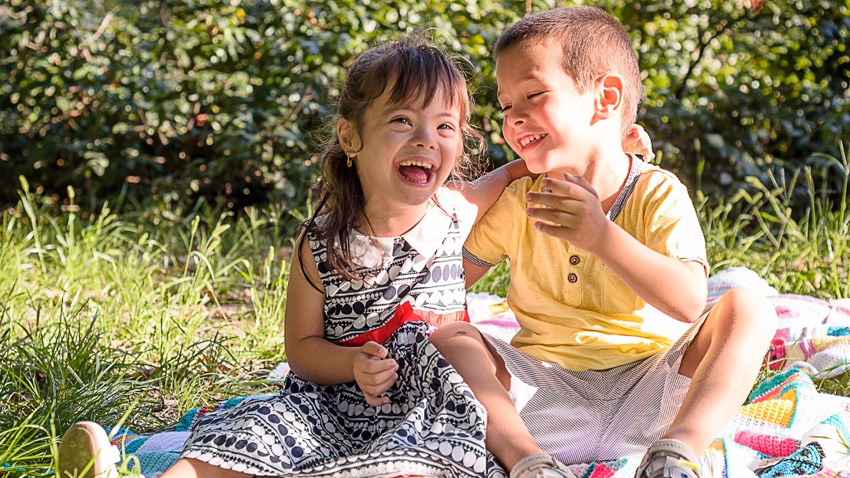Forty-seven looks like a neutral figure. Forty-seven chromosomes - only one word is added and things look differently, frighteningly: it's all about Down's syndrome. Forty-seven Smiles of kids with Down's syndrome will welcome visitors of the Seaside Park in Varna from today till 17 September. The photo exhibition has been organized by the association of their parents and the message is that life is better when there are more smiles around.

 Tony Marinova is one of the mothers who was faced with the problem of an extra chromosome and like any other parent suffered a shock. In 2009 she gave birth to her baby girl Yanitsa and today is grateful to the Association of Parents with Children with Down's Syndrome who helped her to stand back on her feet again.
Tony Marinova is one of the mothers who was faced with the problem of an extra chromosome and like any other parent suffered a shock. In 2009 she gave birth to her baby girl Yanitsa and today is grateful to the Association of Parents with Children with Down's Syndrome who helped her to stand back on her feet again.
“For me the diagnosis Down's syndrome was very frightening. I thought of it as something like a cruel verdict. But I was wrong - after the birth my life continued with a new rhythm and new things. For sure such a child is in need of greater care and dedication from parents but this does not necessarily mean suffering in the family. On the contrary, it depends on the point of view and on the regulations in a country.”
After the birth of Yanitsa her mom found out that doctors tried to intervene in the personal choice of the horrified parents:
 “In the maternal ward some doctors try to persuade mothers to abandon their children with Down's syndrome to institutions. However, today this syndrome is not what it used to be back at the time doctors studied medicine. Medicine has made progress and they ought to be aware of this. Some of them maintain the myth that kids with Down's syndrome tend not to live long. Today accompanying conditions are successfully treated, heart malformations are corrected by means of surgery and children have the chance to develop thanks to the adequate assistance of speech therapists, psychologists and other specialists. We read a lot online and contact with people across the world - this keeps us well informed. And above all, we have trust in our children. The fact that more often today they go to common schools and develop together with their coevals makes them very different from kids with Down's twenty years ago.”
“In the maternal ward some doctors try to persuade mothers to abandon their children with Down's syndrome to institutions. However, today this syndrome is not what it used to be back at the time doctors studied medicine. Medicine has made progress and they ought to be aware of this. Some of them maintain the myth that kids with Down's syndrome tend not to live long. Today accompanying conditions are successfully treated, heart malformations are corrected by means of surgery and children have the chance to develop thanks to the adequate assistance of speech therapists, psychologists and other specialists. We read a lot online and contact with people across the world - this keeps us well informed. And above all, we have trust in our children. The fact that more often today they go to common schools and develop together with their coevals makes them very different from kids with Down's twenty years ago.”

Unfortunately, more often than not teachers are not trained how to assist adequately children with special needs.
It is a matter of luck to come across someone who would trust in the child's potential and risk. Yanitsa was lucky - she goes to a common nursery school and is the special friend of all kids in her group. One day when her friends grow up they will kiss goodbye to still existing taboos about people with special needs. In the meantime, we could stop for a while in front of photographs of the smiling children - it is said that they also carry the syndrome of love.
English Daniela Konstantinova
An innovation for the treatment of diabetic foot ulcer using the patient's own tissue and artificial intelligence has been implemented at the University Multi-profile Hospital for Active Treatment-Burgas. Bulgaria is the fourth European country to start..
Over 3.5 million Ukrainians have arrived in or passed through Bulgaria since the beginning of the war. Nearly 200,000 people have found temporary shelter in the country, announced Anna Tertychna from the Ukrainian Embassy in Bulgaria. She..
At the Bulgarian Embassy in London, Prof. Bettany Hughes presented excerpts from the new BBC series - Wonders of Bulgaria. Prof. Bettany Hughes is the author of two episodes of the documentary. Hughes is a historian, writer, author of..
Who said Bulgarians were grumpy pessimists? Take a stroll through Sofia's Christmas bazaars and meet the cheerful crowd. The festive decorations, music,..

+359 2 9336 661
